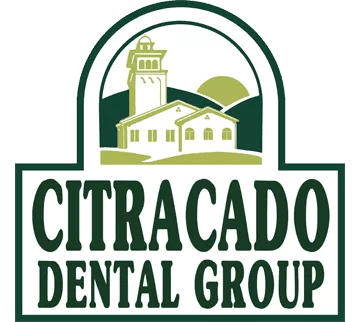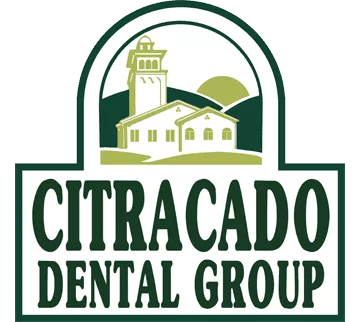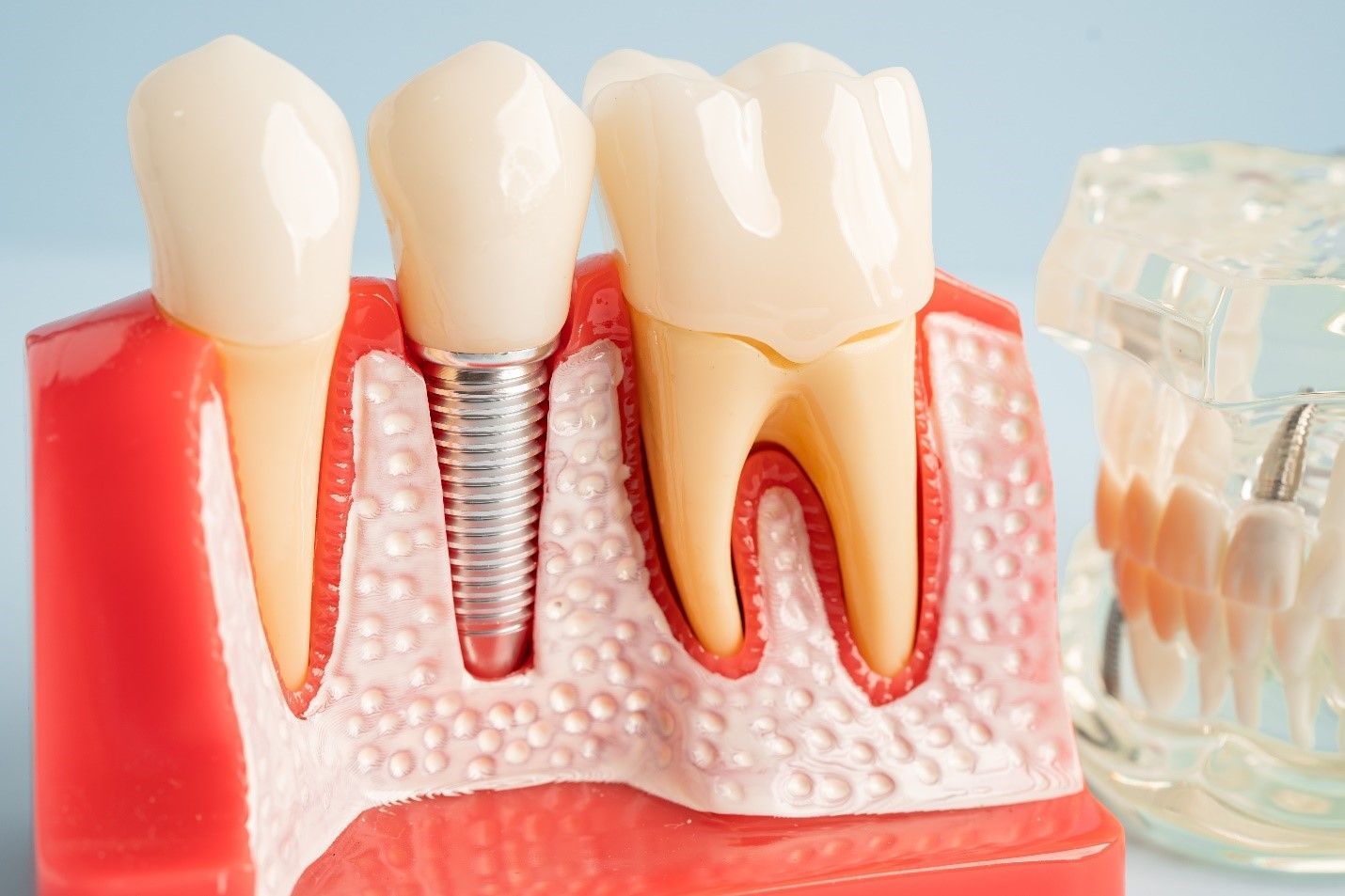HERE ARE THE MOST COMMON DENTAL EMERGENCIES – AND HOW TO ADDRESS THEM

Ignoring an oral health issue can lead to unnecessary stress and bigger consequences if left untreated.
A dental emergency can develop unpredictably, putting patients in a tough spot about what to do next.
Remember, not all sudden dental issues constitute an emergency. That is why it’s important to know how to identify cases that will warrant an immediate visit to the dental office.
What is a dental emergency?
Even the slightest tooth pain may raise alarm. If you experience sudden tooth pain, you may be well within reason to pick up the phone and schedule a dental appointment as soon as possible. Here’s why.
There are multiple potential incidents that can lead to sudden oral pain. Falling off a bike, biting into a hard material or any other kind oral trauma might result in severe tooth pain and a need for prompt dental consultation.
But a sudden injury is only one possible cause of pain. An oral infection can also give rise to an excruciating toothache and lead to other complications, if left untreated. Any dental infection can cause patients to jeopardize their overall health, as infections can migrate to other parts of the body.
That is why it is vital to approach oral pain in a proactive manner to avoid further health complications.
Tooth pain types and what to do
If you feel a sudden tooth pain, simple home care might be the remedy. Rinsing your mouth with warm water and flossing out any debris caught between the teeth and gums are effective home treatments. Feeling some swelling setting in? Try a cold compress to the outside of the face or take over-the-counter anti-inflammatory medicines to subside symptoms. These methods can reduce blood flow, swelling and pain.
In the unfortunate event you chip a tooth, it’s helpful to clean and save tooth remnants for your next dental visit. If you feel pain, go ahead and rinse with warm water and add a piece of gauze to the impacted part of your mouth to reduce sensitivity, and stop any bleeding. Cold compress and painkillers are also recommended.
A dislodged tooth should be treated immediately. As painful as it might be, it’s important to retrieve the tooth, clean it with water and attempt to reinsert into place. If this is not possible, place the dislodged tooth in a container with milk or a mixture of water and salt. Remember, time is of the essence and there’s a greater chance of saving the tooth if it is well preserved. Call our office immediately for an emergency visit.
Finally, pain from an abscess indicates an infection, which can start from a decayed tooth, or gum infection. This type of infection can also spread between teeth as it damages soft tissues inside the mouth. If left untreated, the infection can spread to other parts of the body, underscoring the importance of seeing a dentist at the earliest sign of infection. If you discover pimple-sized swelling inside your mouth near the gums, consider it a warning to have it treated. In the meantime, you can rinse with salt-water solution to alleviate pain and help remove infection-causing bacteria.
Dental emergencies can be frightening, painful and catch you off guard. Not to worry. If you feel any need to reach our office during a dental emergency, call us during office hours at 760.489.5545. We are always available to take your call and give advice on next steps. After hours emergency? Call us anyway and our voicemail will provide contact instructions.
QUICK MENU
RECENT POSTS






